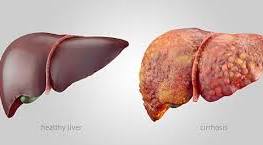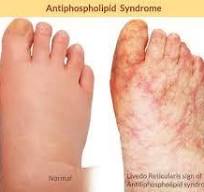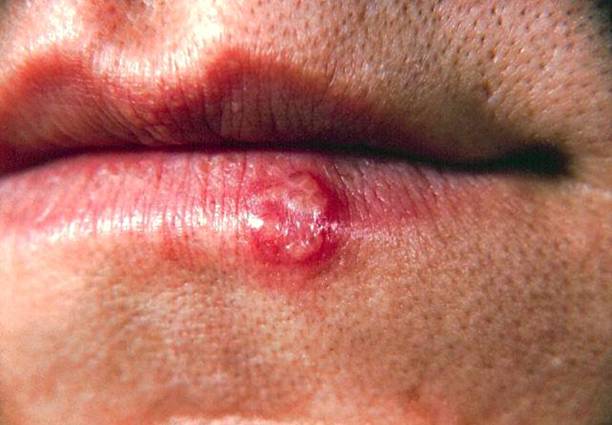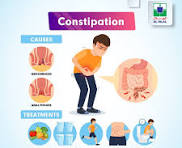INTRODUCTION
Health is wealth—a simple yet profound truth. One sickness can drain a
lifetime of savings, leaving individuals and families in distress. While modern
medicine has made remarkable strides in diagnosing and treating diseases, many
health conditions continue to defy medical solutions, pushing us to explore
alternative approaches.
Natural Remedies For Cirrhosis
Cirrhosis is a progressive liver disease often caused by chronic liver
damage due to conditions such as hepatitis B or C, alcohol misuse, or
non-alcoholic fatty liver disease. While natural remedies cannot cure
cirrhosis, certain approaches may help support liver function, alleviate
mild symptoms, and reduce inflammation. These remedies must be
used alongside medical treatment, not as a substitute. Individuals with
liver conditions should always seek guidance from a healthcare
provider.
1. Milk Thistle (Silybum marianum)
How it works: Milk thistle contains silymarin, a compound
known for its antioxidant and anti-inflammatory effects. Research
suggests it may help protect liver cells and promote regeneration.
Usage:
Use a standardized milk thistle supplement containing 70–80%
silymarin.
Follow dosage instructions on the label or consult a physician
for appropriate use.
Typically taken in capsule or tincture form.
Caution: May interact with medications; consult a healthcare
provider before use.
2. Dandelion Root Tea
How it works: Dandelion root supports digestion and acts as a
natural diuretic, helping the body eliminate toxins. It may support
mild detoxification and reduce liver stress.
Preparation and usage:
Steep 1 dandelion root tea bag or 1–2 teaspoons of dried root in
hot water for 5–10 minutes.
Drink up to 2–3 times a day, preferably before meals.
Avoid sweetening heavily; use honey sparingly if needed.
Note: Do not use if allergic to ragweed or related plants.
3. Low-Sodium Diet
How it works: Cirrhosis often leads to fluid retention (ascites and
edema). Reducing sodium intake helps manage these symptoms
and decreases strain on the liver.
Guidelines:
Limit sodium intake to less than 2,000 mg per day.
Avoid canned soups, fast food, cured meats, chips, soy sauce,
and pre-packaged meals.
Choose fresh fruits, vegetables, and home-cooked meals without
added salt.
Read nutrition labels carefully for hidden sodium.
4. Turmeric (Curcumin)
How it works: Turmeric’s active compound, curcumin, has
strong anti-inflammatory and antioxidant effects that may benefit
liver health.
Usage:
Take turmeric capsules (with black pepper for better absorption)
or add 1 tsp of turmeric powder to warm water or food.
Drink turmeric tea once daily.
Do not exceed recommended doses, especially with blood
thinners.
Consultation: Always consult a doctor, especially if taking
medications or undergoing treatment.
5. Coffee (in moderation)
How it works: Several studies have shown that regular, moderate
coffee consumption may slow liver disease progression and
reduce the risk of liver cancer in cirrhosis patients.
Usage:
1–2 cups of black coffee daily (without sugar or cream) may be
beneficial.
Do not exceed 3–4 cups daily, and avoid if sensitive to caffeine.
Note: This is supportive, not curative.
6. Hydration and Herbal Infusions
How it works: Staying hydrated supports kidney and liver
function and may help manage fluid balance.
Usage:
Drink at least 6–8 glasses of water daily unless fluid intake is
medically restricted.
Use gentle herbal teas like ginger, peppermint, or lemon balm
under guidance.
Avoid alcohol and carbonated sugary drinks.
7. Regular Light Exercise
How it works: Gentle physical activity can improve circulation,
reduce stress, and support overall metabolism—factors that
indirectly benefit liver function.
Examples:
Walking, stretching, or yoga for 20–30 minutes a day.
Avoid strenuous activity, especially during flare-ups or fatigue.
Note: Only under medical supervision in advanced liver disease.
Important Notice
Avoid alcohol completely – even small amounts can accelerate liver
damage.
Monitor medications – Some over-the-counter drugs (like
acetaminophen) can harm the liver.
See a specialist – Natural support cannot reverse cirrhosis;
hepatologist consultation is essential for managing the disease.
Monitor symptoms – Jaundice, confusion, or sudden swelling are red
flags requiring immediate medical attention.
Key Consideration
Natural remedies can be a supportive part of a broader care plan for
liver health. However, cirrhosis is a serious condition that requires
professional medical management. These remedies should be used with
caution and only under the supervision of a qualified healthcare
provider.



